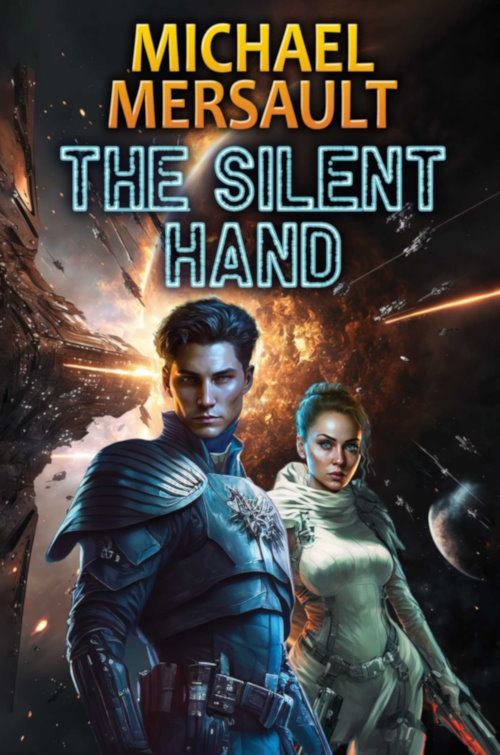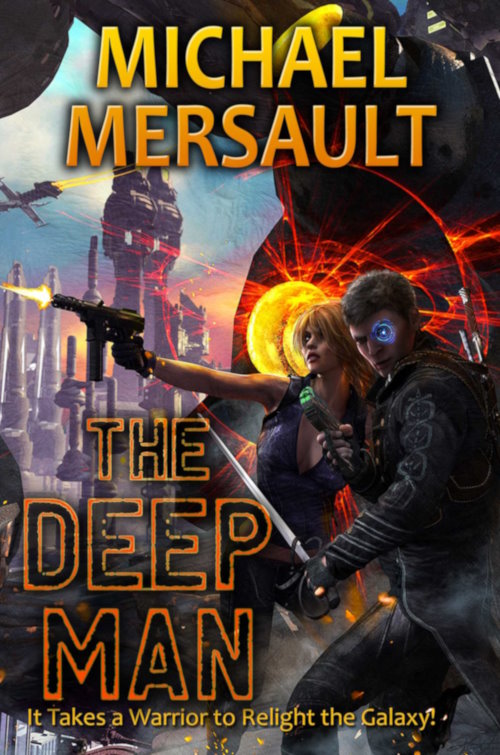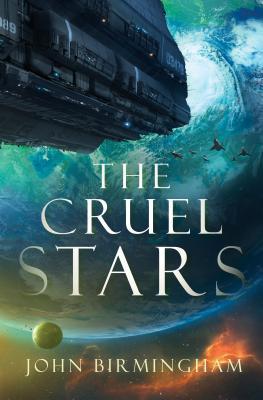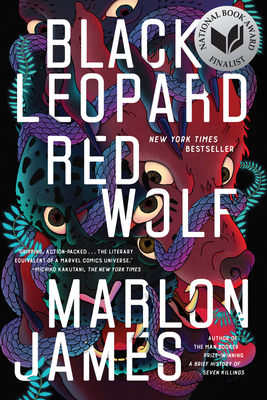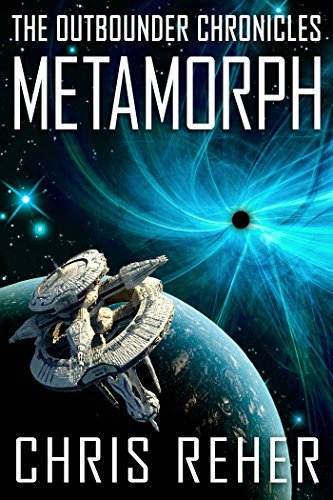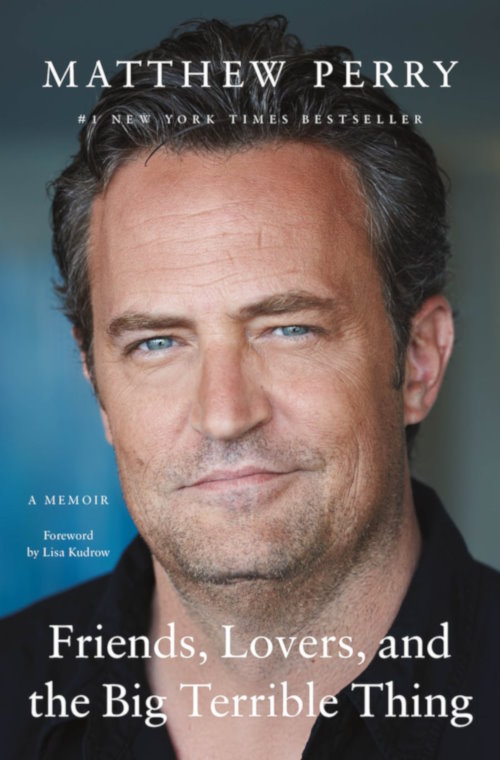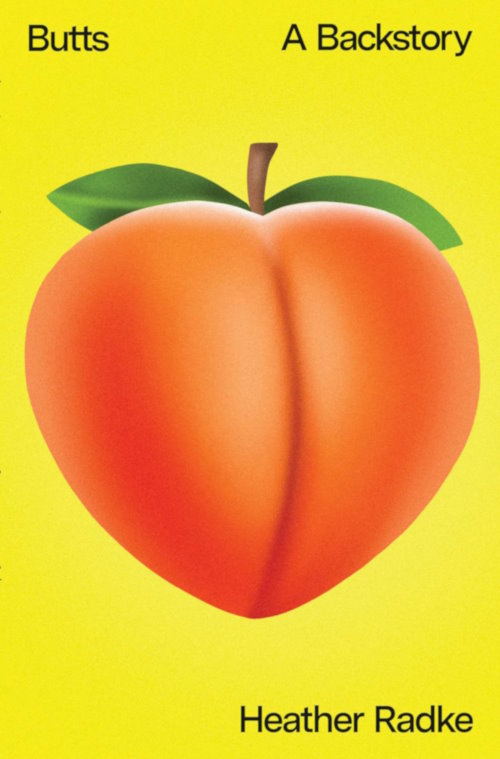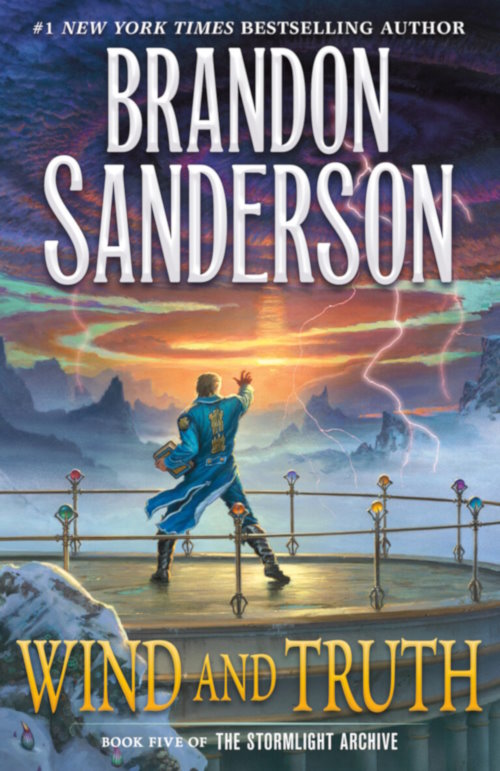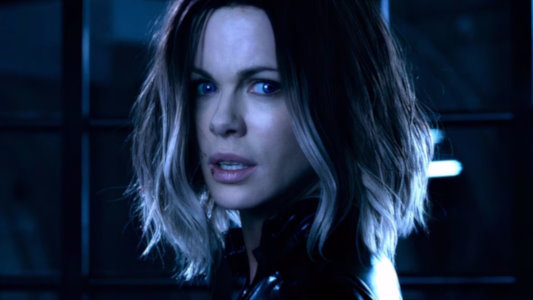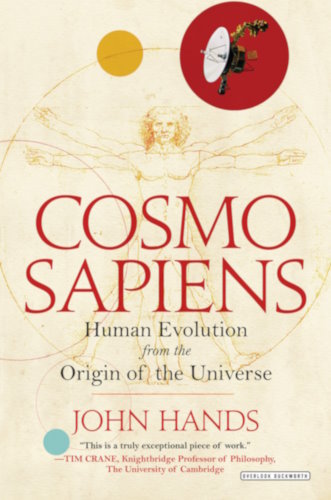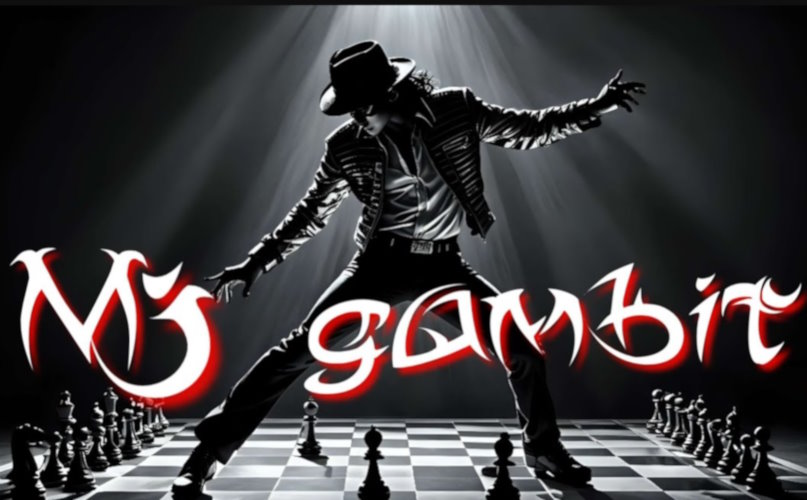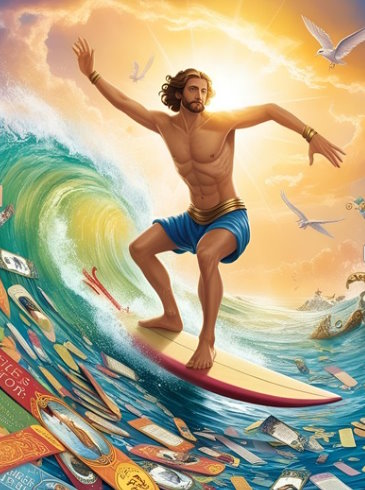
For a long time, the narrative of the human race was space exploration and expansion, a story usually predicated by a total globalization event that turned us all from warrying tribes into one planetary nation or rather race. However, they always kind of skip over this. Star Trek did a decent job explaining a devastating global war followed by a first contact with the Vulcans, but most of the books and TV series and film franchises just assume that somehow we just forget about millennia long national concepts and unite.
I won't discuss the validity of this idea, let's just say I am skeptical, but I want to first contrast it against another concept, one that seems to be the exact opposite. But is it? I am talking about stories like Silo, Fallout, Metro 2033 and so many others that go the other direction: after a devastating conflict, the world is fractured instead of united, leading to very different groups of people. True, this is mostly related to stories about terrible apocalyptic events from which humanity has never recovered. Because, the idea goes, to be recovered, humanity needs to rekindle civilization and reunite, presumably towards its final goal of space exploration and expansion.
Yet, when you think about it, the two stories quickly seem to blend together. The united federation of humans often meets alien races, with which they enter in complex relationships of either conflict or cooperation. These stories usually also contain very diversified groups of people which work together, each using their special skills, for the better of the team. Lift a bit to view the story from a little higher and you get diverse cultures engaged with each other, often interested by the same resources. Go lower, into group dynamics, and you find the same pattern. Similarly, with the stories of tribes of people who get separated and thus grow different, there is always some moment of contact, where either the main characters or the tribes as a whole have to meet with other cultures.
Neither of these opposing patterns, which in the end converge, seem to ultimately accept the concept of cultural unification. They reject one culture being superior to another, even when trying to somehow separate the good guys from the bad based on how similar their principles are to the people writing the story and those consuming it. I postulate that there has to be more to this than just a simple reflection of our species' tribalism.
Believe it or not, this series of thoughts started from something John Hands said in his book Cosmosapiens, when he was criticizing the theories trying to explain altruism and cooperation. He rightly noticed that sometimes animals from a different species were helping out others, with little chance of the same help being reciprocated. And while personally I think that behaviors like altruistic cooperation can stem from a vague desire that someone would reciprocate in the future, just as selflessly and independently from any foreseeable reward, I had another idea. What if there is no simple in-group/out-group logic at work here, but something more subtle, like the uncanny valley? What if this is actually part of most organisms, perhaps even unicellular ones, a sort of peer pressured mechanism of preserving identity?
Hear me out. When you think wars, who are the sides usually fighting? Neighbors. You don't ask your neighbor "hey, man, I need resources. Can you please let me pass through your country and get them from that asshole far from us which has a different religion and culture?". Instead you find something so alien and utterly unsufferable about your neighbor, something that will motivate you to make the significantly smaller effort of attacking them. At the personal level it's the same thing. You don't go out of your way to go into conflicts with unknown people in some other town, instead you fight with your neighbors or relatives or people at work. In most of these cases, they are people very similar to you.
What if an animal would have no issue helping one from another species or one that is kin and part of the group, but have a strong and instinctual dislike from the one of the same species yet at the very edge of that group? What if the uncanny valley phenomenon, the strong feeling towards things that are very close to something, yet not quite it, like humanoid robots or artificial plants, is a mechanism evolved to keep an identity safe from corruption? You see it in kids, tormenting the one in their own group who is least like most of them, what if the reason species stay stable for so long, only to suddenly turn into another or go extinct, is that the species works collectively, instinctively, against divergence? Only when extreme events allow this divergence does a group break, split into two different entities.
Let's discuss another formula for science-fiction: the dystopia. Something that usually starts making sense or being enforced by other people who believe it makes sense, only to turn into an oppressive force against self expression and evolution? The solution for this is "the revolution", a word that literally means turn-around or rotation. But isn't it the same story? A group of marginalized and oppressed people, finding the opportunity and resources to break away from the main group, maybe even take over the reigns? Normally the revolutionaries are so similar to their oppressors that they routinely pretend to be one another, the only difference being a subtle divergence of ideology. The larger and more powerful the oppressor, the lower the chance to get free.
And this is the rub, isn't it? Generalizing - maybe to unhealthy extremes - these stories tell just one: beings naturally attempt to diverge, filling all evolutionary niches, unless their group reigns them in in order to preserve the identity of that group.
So getting back at the stories of separate and vastly different groups, they are basically a respite, a fantasy escape, from the ideas of globalization, against the tyranny of the vast majority. It's a maybe unconscious revolt against stagnation, a curious attempt to explore what would happen to people if they were allowed to try out things by themselves. Many terrible things, for sure, but the general idea of freedom of expression is a good one. Perhaps the resurgence of this kind of stories just goes to prove there is a strong natural pressure against the arrogant declarations for "the only way" of existing. It's a zeitgeist thing.
A long time ago I was a strong believer in globalization, in the abolition of borders. They seemed idiotic to me. Why would you separate the intelligent beings on this world with abstract and artificial walls? What is the point? Wouldn't it be better to all just live in peace together? And then I found my answer: we need the borders, just like we need individual privacy and walls in our houses. Because not being able to live differently means you are not allowed to live. In this light, all attempts to culturally overtake the world are the short path to dystopia. A world of American democracy, European social bureaucracy, Russian oligarchy or Chinese collectivism would be just as bad. It's the one we have, preserving all of these and more, that is the superior world.
So in that vein, we need more stories like the Expanse, where people did conquer the stars, but continue to be tribal. Where every asteroid is its own country, with its own rules and social norms. Not a world, but a loosely coupled multitude of worlds. It's not about Dwarves, elves and humans - although now you probably recognize the pattern - but about releasing the cork and letting humanity flow and fill all corners of possibility.
Yet, as clear as this has become to me, I have little hope it will happen. Look at the Internet, the closest thing we have to a simulation of the future. Instead of having the freedom of choice, we have coalesced towards large corporate oligarchies who collectively control what we are supposed to feel and think. Instead for each having our little corner of paradise or abysmal hell, we are being corralled like cattle through the narrow paths allowed to us and which will eventually lead us to slaughter. We live in a world where even the so call liberals - a word derived from the Latin for free - actively campaign and collaborate to destroy dissent.
Can you imagine a narrative of vastly different groups of people, all equally free to exist, being popular today? A world where Nazis burn Jews alive, of Chinese reeducation camps, with Americans living free and/or invading Greenland, cannibal tribes living on islands, Israelis and Arabs kill each other, nuclear war is something that just happens occasionally, entire nations starve to death while others live in gluttony. A world of eternal atrocity and bliss, sometimes at the same time...
Hey!, you will say, isn't that more or less our world today? And aren't we always complaining about it? Complaining is part of it. Of course, the limited resource of one planet is also a big factor. Human empathy against suffering as well. However, I believe this world to be superior to any ideological closed garden from which we are not allowed to exit.
Note that I am not advocating for anarchy here. I do believe in consequences for actions, I just don't believe in a world where some actions become impossible to even contemplate.
Perhaps war itself can be explained by this absolute necessity of breaking apart before we merge together into amorphous blobs. And if that is true, war is already very near. Or it was never over to begin with.
